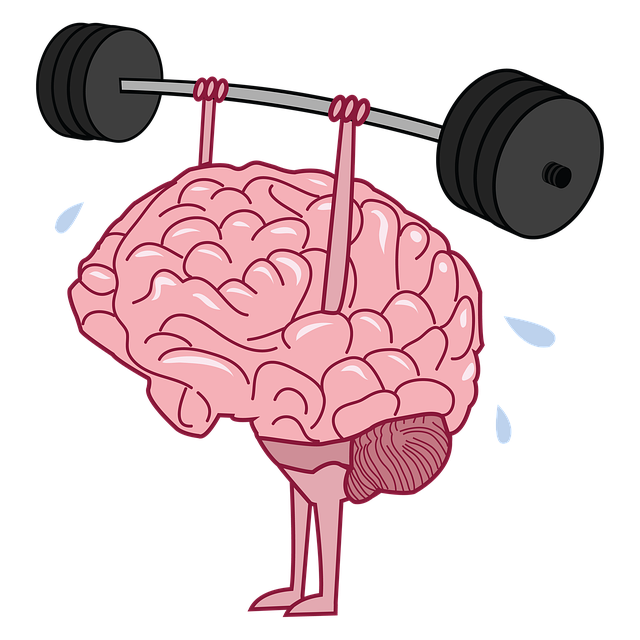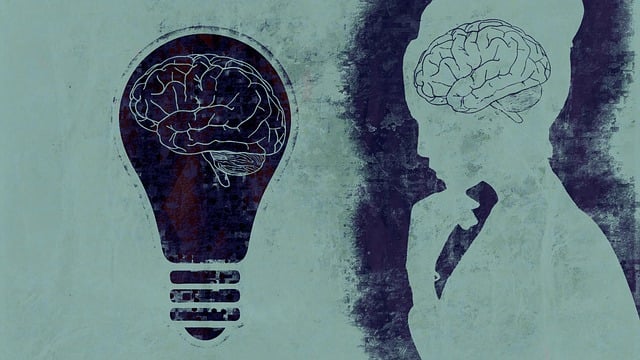Mental wellness apps are transforming emotional well-being support in Colorado Springs, addressing growing demand with accessible and convenient solutions. These apps offer stress management techniques, connections to therapists, and support groups, enhancing cultural competency and service for all communities. Featuring personalized experiences, intuitive design, and interactive tools like mood trackers and CBT exercises, these apps promote self-awareness and emotional intelligence for healthier coping mechanisms. Colorado Springs, known for its diverse landscapes and dynamic city life, is a trailblazer in mental wellness innovation, particularly with the successful Colorado Springs Gender Identity Therapy (CSGIT) that combines traditional therapy with digital tools to reduce stigma and foster inclusivity.
In today’s fast-paced digital age, mental wellness apps are becoming essential tools for managing stress and promoting overall well-being. With a growing demand for accessible mental health services, understanding the need for these applications is crucial. This article explores the development of mental wellness apps, focusing on key features, functionality, and real-world examples like Colorado Springs Gender Identity Therapy—a niche application that showcases the potential impact of specialized mental health tools.
- Understanding the Need for Mental Wellness Apps in Today's World
- Designing an Effective App: Features and Functionality for Mental Health Support
- Colorado Springs Gender Identity Therapy: A Case Study for Niche Mental Health Applications
Understanding the Need for Mental Wellness Apps in Today's World

In today’s fast-paced and often stressful world, mental wellness is more important than ever. The rise in awareness about mental health issues has led to a growing demand for accessible and convenient solutions, which is where mental wellness apps step in. These applications offer a range of services from stress management techniques like Compassion Cultivation Practices and Emotional Well-being Promotion Techniques to connecting users with therapists and support groups. They cater to diverse needs, especially in communities such as Colorado Springs, where Gender Identity Therapy is increasingly sought after.
With the rise of digital technology, mental wellness apps provide an opportunity for individuals to take control of their emotional well-being. Furthermore, they offer a level of accessibility that traditional therapy methods might not, reaching further corners of society and providing much-needed support. This shift in approach also ensures better healthcare provider cultural competency training, enabling professionals to serve diverse communities more effectively.
Designing an Effective App: Features and Functionality for Mental Health Support

When developing a mental wellness app, focusing on intuitive design with user-friendly features is key. Apps should offer personalized experiences tailored to individual needs, whether one seeks Colorado Springs Gender Identity Therapy or general emotional support. Incorporate interactive tools like mood trackers, meditation guides, and cognitive behavioral therapy (CBT) exercises to empower users in managing their mental health.
Prioritize functionalities that enhance self-awareness and emotional intelligence, promoting healthy coping mechanisms for stress reduction. Features such as mindfulness practices, positive affirmations, and personalized recommendations for depression prevention can significantly contribute to an app’s effectiveness. By combining these elements, a well-crafted mental wellness app can serve as a valuable resource for users navigating their emotional well-being, ultimately fostering better mental health outcomes.
Colorado Springs Gender Identity Therapy: A Case Study for Niche Mental Health Applications

Colorado Springs, a vibrant city known for its diverse landscape and bustling atmosphere, has emerged as a pioneering hub for mental wellness innovation, particularly in addressing niche areas of mental health. One standout example is the increasing recognition and development of specialized applications tailored to support individuals navigating gender identity issues. This trend is exemplified by Colorado Springs Gender Identity Therapy (CSGIT), a groundbreaking initiative that leverages technology to enhance access to care for this specific demographic.
CSGIT offers a unique approach, combining traditional therapy with digital tools, to provide trauma support services and mental wellness resources specifically tailored for the complexities of gender identity challenges. By focusing on reducing the stigma associated with mental illness, these applications aim to foster inclusivity and acceptance within the community. Through such niche mental health efforts, Colorado Springs serves as a model for developing effective, targeted interventions, setting a standard for mental wellness app development globally.
Mental wellness apps are becoming increasingly vital in today’s digital landscape, addressing a growing need for accessible mental health support. As demonstrated by the case study of Colorado Springs Gender Identity Therapy, niche applications tailored to specific mental health concerns can have a significant impact. By incorporating evidence-based practices and user-friendly designs, developers can create powerful tools that enhance well-being. With continued innovation, these apps have the potential to revolutionize mental healthcare, ensuring support is readily available for all.














